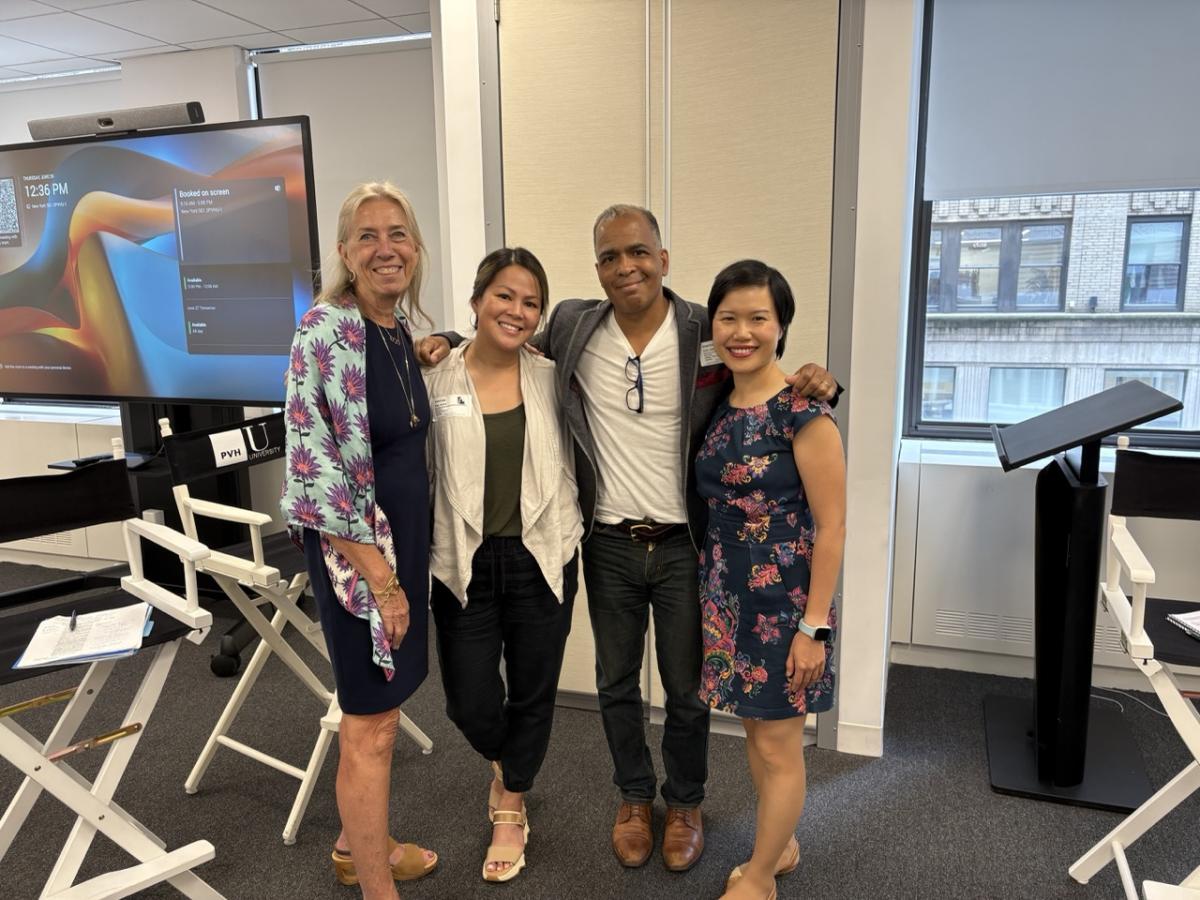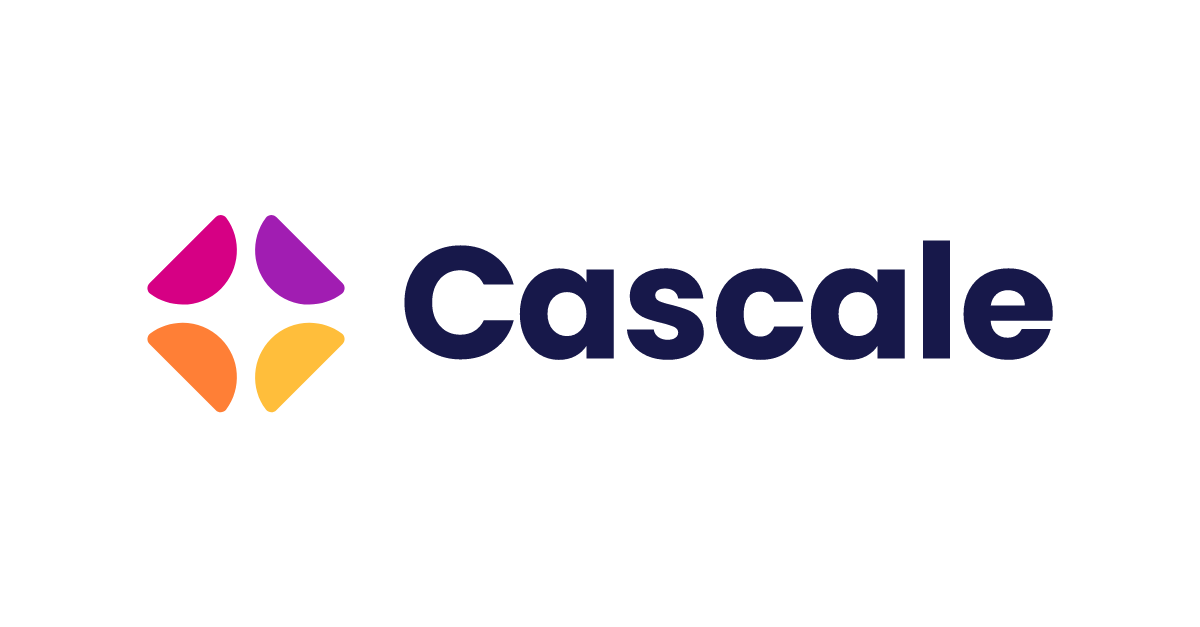Cascale Highlights Collaboration & Risk-Based Due Diligence at SLCP Stakeholder Meeting

At the Social Labor & Convergence Program’s (SLCP) recent Stakeholder Meeting in New York, Joleen Ong, Cascale’s senior director of brand and retailer membership, joined a panel of industry experts to share insights on key issues impacting the apparel industry. The “Data Insights and Industry Perspectives” panel was moderated by Anna Burger, SLCP board member, and included Robert Reid, senior manager, corporate social responsibility at Randa Accessories, and Ana Chiu, senior director at PVH Corp.
Ong highlighted the collaboration between Cascale and SLCP and its pivotal role in laying the foundation for an even more targeted, deeper, and impact-driven approach to improving social performance in global supply chains. Delving deeper into Cascale’s collaborative work with SLCP, Ong highlighted the Higg Facility Social & Labor Module (Higg FSLM), which is built on SLCP’s Converged Assessment Framework (CAF), underpinning Cascale’s Support Decent Work for All strategic pillar and reflecting its commitment to champion workers’ rights, ensure fair purchasing practices, and streamline audits to foster safe and equitable workplaces.
Ong shared insights from the recent update to the Higg FSLM and CAF v1.7, noting that the update enhances risk assessment and regulatory alignment to deliver greater transparency through credible, actionable social and labor compliance data, driving decent working conditions across global supply chains. She noted that the CAF, which is available in 60 countries, forms the backbone of the Higg FSLM, making it Cascale’s preferred tool for streamlining assessments, reducing audit duplication, and obtaining credible and actionable data.
Highlighting the benefits of convergence, Ong referenced Cascale’s Better Buying Purchasing Practices Index (BBPPI) survey, which features a "Win-Win Sustainable Partnership" section that gathers manufacturers’ insights on how convergence supports outcomes such as a living wage and health and safety investments. Now, with Better Buying under Cascale, we can link purchasing practice feedback directly to SLCP data patterns. For example, the BBPPI found that:
- 60% of suppliers reported monetary savings from CAF adoption
- 24% used those savings to increase wages—a direct indication that reduced audit fatigue is helping to unlock resources for remediation and improvement.
She observed the growing momentum toward convergence: the average SLCP assessment is now shared 2.96 times—a 16% increase from last year—signaling a shift from proprietary tools toward shared trust in the Converged Assessment Framework (CAF). Tools like the Higg FSLM enable multi-brand recognition of a single verified assessment, reducing duplication, building facility ownership of data, and fostering collaboration.
At the same time, social compliance professionals must assess factory risk before production begins—but existing data from converged assessments can often provide these insights without requiring additional questionnaires. Key factors include the number of migrant or contract workers, gender ratios, factory location, and the presence of other buyers—all evaluated against internal codes of conduct and issue criticality.
Common “showstopper” risks include fire safety and forced labor issues. Pre-audit questions can help flag concerns, such as:
- Do factories in China built before 1998 have automatic fire sprinklers installed, in line with the updated fire code introduced that year?
- In countries where migrant labor is common such as Taiwan, Malaysia or Japan, have migrant workers paid recruitment fees?
- In Southern India, are wages paid regularly rather than in lump sums, given known risks of Sumangali schemes?
Converged assessments make this type of pre-screening possible, helping teams prioritize due diligence and focus more time on meaningful remediation—especially when paired with the FSLM’s risk-based prioritization logic.
Ong concluded by sharing how human rights due diligence enhances long-term business resilience by fostering stable and reliable supplier relationships. She advocated for a collective, risk-based approach across industry initiatives to reduce audit fatigue and enable more meaningful resource allocation, thereby achieving lasting improvements.

